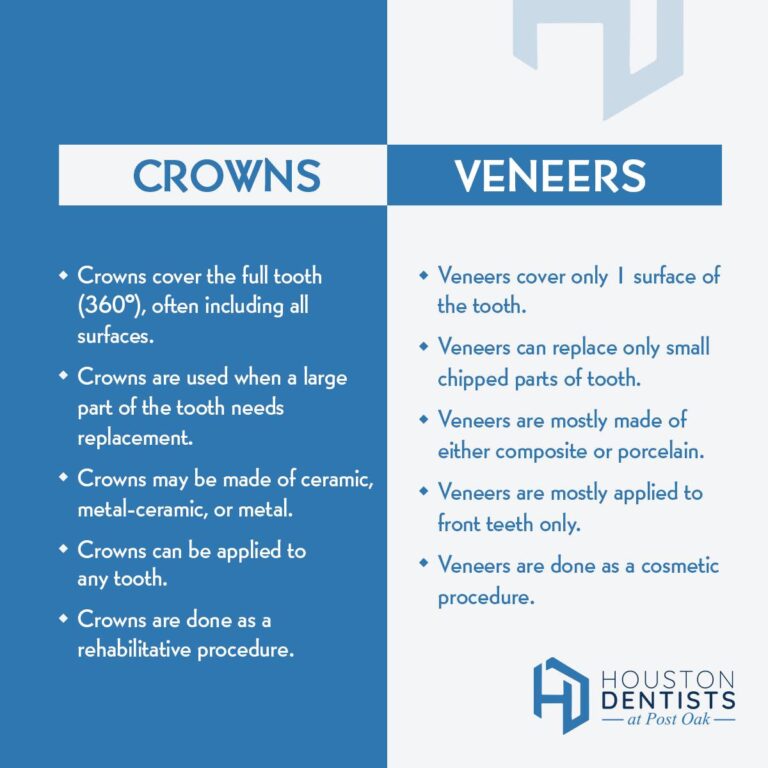Veneers are a game-changer for achieving a radiant, confident smile, offering a quick and effective solution for stained, chipped, or misaligned teeth. With proper care, veneers can last…

Cavities are one of the most common health issues worldwide. They are more frequent in children, teenagers, and the elderly, but they can affect anyone’s teeth, including neonates.
But what are cavities, and why are they so difficult to avoid? Let’s take a look at what a cavity is, how it develops, and the major complications it can create.
What Exactly Is a Cavity?
A recess in any surface, such as a cave, is referred to as a cavity. It’s a hole in the enamel of different depth in a tooth. As a general rule, the deeper a cavity is, the greater the aperture will be.
How Can Cavities Be Prevented?
Brushing and flossing your teeth thoroughly twice a day, as any Houston dentist will tell you, is the greatest approach to avoid cavities.
Cavities: What Causes Them?
Bacteria can be found almost anywhere, and they flourish in the wet, warm conditions of your mouth. When they come into contact with sugars or starches left on your teeth after eating or drinking, they form acids that erode away at the enamel of your teeth.
A cavity arises when there is enough damage in one place. There may be no symptoms at first, but as they grow in size, they can cause:
- Stains
- Visible flaws
- Sensitive teeth
- When you bite down, it hurts.
- When you eat something hot, cold, or sweet, it hurts.
- Toothache
- Abscess (infection)
It’s likely that you won’t even notice if you have a cavity. That’s why it’s crucial to see Houston Dentists at Post Oak on a frequent basis so that they can be discovered and addressed before they become a bigger issue.
What Happens If Cavities are not addressed?
Cavities get larger and deeper if they are not treated. Enamel, the gleaming white component of your tooth, serves a purpose other than aesthetics. It shields the porous pulp from the acids that develop inside. When the cavity becomes large enough, the acids damage the nerve in the tooth’s center, resulting in a toothache. The tooth will eventually come out if it is not treated.
How Are Cavities Treated?
Cavities are treated by filling them with an antibacterial substance. Although gold and amalgam were formerly common, composite resin is now commonly used in modern dentistry. These blend in with the enamel around them, making them difficult to spot. So, if you suspect you have a cavity, visit Houston Dentists at Post Oak right once to have it treated.






